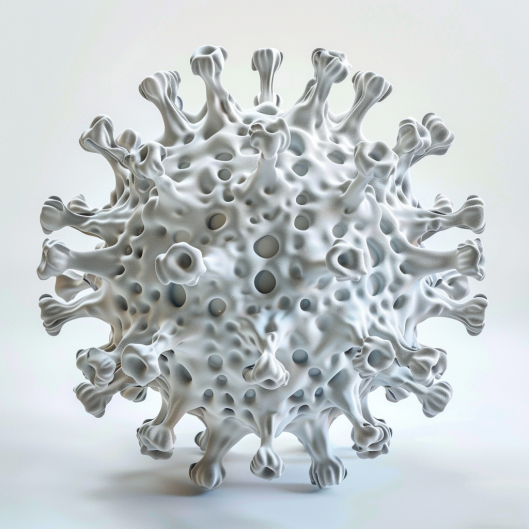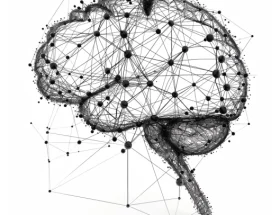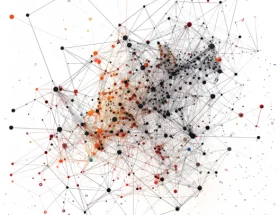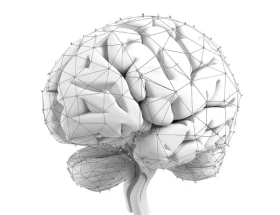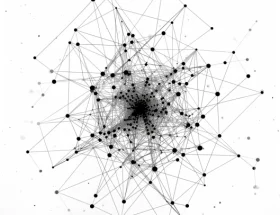This post reviews findings from Hampshire et al. (2022), which analyzed the cognitive impacts of severe COVID-19. The study provides valuable data on the relationship between acute illness severity and long-term cognitive outcomes, offering insights into the potential recovery process and highlighting the unique profile of deficits observed in survivors.
Background
The study examined individuals who received critical care for COVID-19, aiming to understand the extent and nature of cognitive impairments experienced during recovery. Using a robust dataset and matched control groups, the research explored how acute illness severity and mental health factors contribute to cognitive deviations and the pace of recovery. Conducted at Addenbrooke’s Hospital, the study is part of ongoing efforts to address the broader impacts of the COVID-19 pandemic.
Key Insights
- Cognitive Impairments in Survivors: Participants who survived severe COVID-19 displayed slower response times and reduced accuracy compared to their matched controls. These deficits primarily affected higher-level cognition and processing speed.
- Link to Acute Illness Severity: The degree of cognitive deviation correlated strongly with the severity of acute illness rather than chronic mental health conditions at the time of assessment.
- Comparison with Aging and Dementia: The cognitive profiles of survivors were distinct from normal aging or dementia patterns, with impairments similar in scale to aging 20 years, between ages 50 and 70.
Significance
The findings highlight the lasting impact of severe COVID-19 on cognitive functions, particularly in areas involving complex processing. By distinguishing the cognitive profile of survivors from other conditions like dementia, this research deepens our understanding of how severe illness affects brain function and underscores the need for targeted cognitive rehabilitation for survivors.
Future Directions
Further research is needed to explore the mechanisms behind these cognitive deficits and to quantify recovery trends over time. Expanding the sample size and incorporating diverse populations will improve the generalizability of findings. Additionally, studies focusing on interventions could inform strategies to support cognitive recovery in post-COVID-19 patients.
Conclusion
The work by Hampshire et al. (2022) offers critical insights into the cognitive aftermath of severe COVID-19, emphasizing the role of acute illness severity in shaping long-term outcomes. While recovery trends remain uncertain, this study lays the foundation for understanding and addressing cognitive impairments in affected individuals.
Reference
Hampshire, A., Chatfield, D.A., Manktelow, A.M., Jolly, A., Trender, W., Hellyer, P.J., … & Menon, D.K. (2022). Multivariate profile and acute-phase correlates of cognitive deficits in a COVID-19 hospitalized cohort. eClinicalMedicine, 47, 101417. https://doi.org/10.1016/j.eclinm.2022.101417

